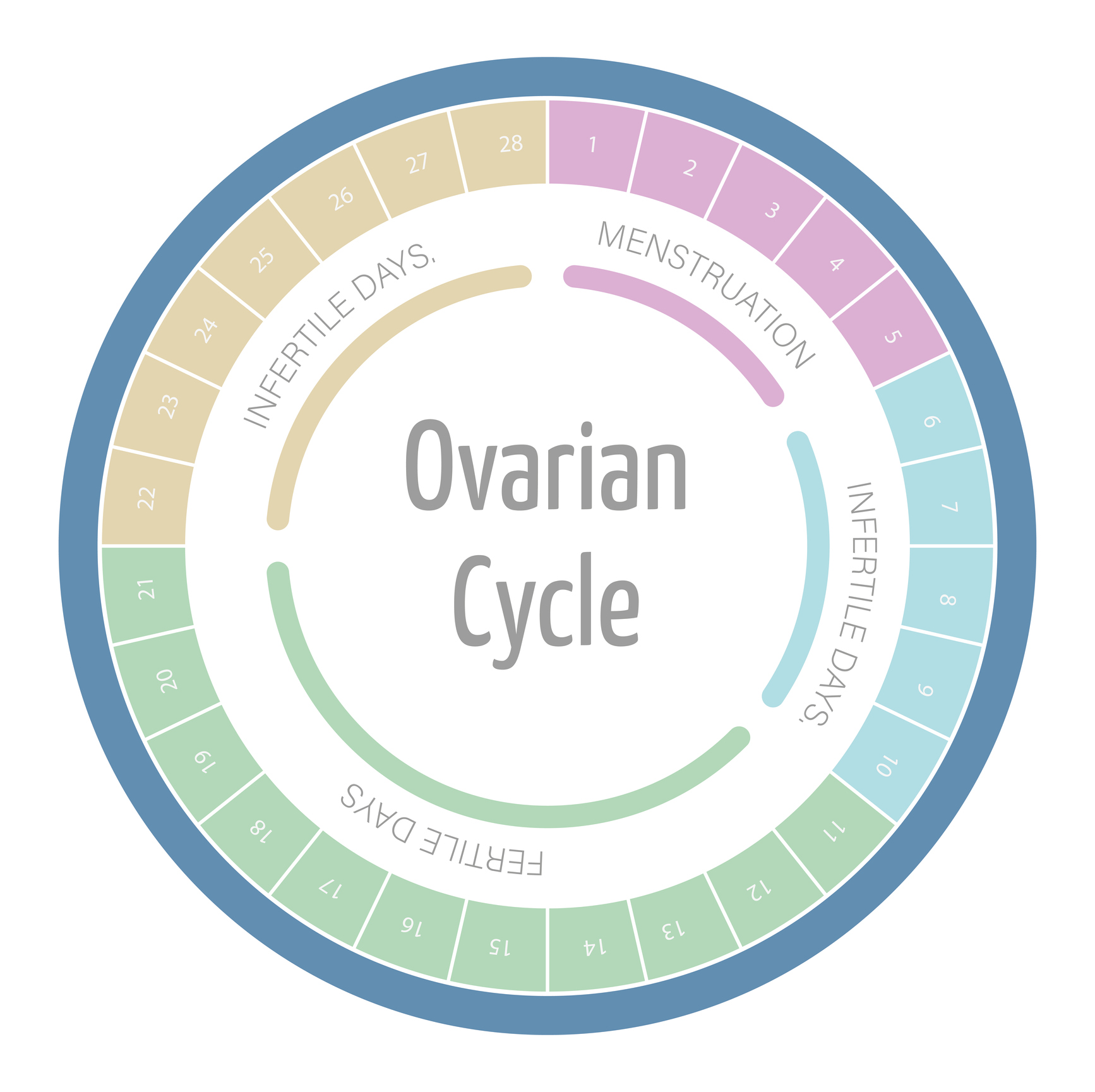Age affects your chances of conceiving, so if you’re trying to get pregnant and you’re over 35, you can use an age-based fertility calculator.
In this article we show you how to know the chances of pregnancy according to your age and ways to find out what your fertile days are by using online tools that take into account your age and cycle length in order to provide a more accurate range of fertile days.
Age
Without egg freezing
With egg freezing

Recommended age limit: 40
Chance of pregnancy
How important is age for fertility?
Age plays a crucial role in the fertility of both men and women. In the case of women, as they get older, the quality and quantity of eggs decreases, which reduces the chances of successfully conceiving. From the age of 30 onwards, ovarian reserve and egg quality begins to decline, and after the age of 40, the reduction is drastic. In addition to these problems of reduced quality and quantities in ovarian reserve, other general health problems, such as uterine fibroids, hypertension or obesity, can also make it difficult to achieve a successful pregnancy.
In men, the quality and quantity of sperm also decreases with age, but more gradually, and this is decisive from the age of 50 onwards. Erection and ejaculation problems also appear with age, which can make conception more difficult. In short, age has a significant impact on fertility, for both men and women, and it is important to take this into account when there are difficulties in conceiving.
Either way, if there are any difficulties in conceiving, it is also advisable before trying to conceive to make sure you are attempting to conceive on the woman’s most fertile days. Keeping that in mind, in this post you will not only find a fertility calculator according to age, but also tips on how to calculate fertile days according to ovulation.
How to calculate your fertile days?
Calculating your fertile days is essential for increasing your chances. To do this you need to know how long your menstrual cycle is. A standard menstrual cycle usually lasts about 28 days, but this varies greatly from one woman to another. So, to be on the safe side, let’s follow a series of steps that will further fine-tune those best days.
The ideal way is to record the length of the menstrual cycle for six months, in other words, to keep a record of the number of days between the first day of menstruation and the day before menstruation starts again. Once you have taken note of this, you should average it out. That is, add the days together and divide by six. This gives us an average number of days, which is an estimate of how long the menstrual cycle will normally last.
Ovulation, in a standard 28-day cycle, usually occurs on day 14. But this can vary if your cycle is longer or shorter. Therefore, widening the range of fertile days to the day of ovulation (which would be the middle day of the cycle, and the two days before it) is recommended. In a standard cycle, the fertile days would be from day 12 to 14. In a 34-day cycle, for example, the fertile days would be from days 17 to 19.
Ovulation calculator and women’s fertile days

If you’re thinking about getting pregnant or expanding your family, our ovulation calculator will help you determine your fertile days, providing valuable information to increase your chances of getting pregnant or simply to better understand your own body.
What are your fertile days?
What are the best days to get pregnant?
There are no “best” days to conceive, although there are times in the cycle when the chances are better. As a general guideline, we could say that the “best days” are those that are close to the fertility window, that is, the day on which ovulation occurs. Both the preceding days, because the sperm can survive in the woman’s body for a few days, and the subsequent ones.
If you are trying to get pregnant, you can monitor your ovulation by using ovulation predictor kits or by measuring your body temperature. The latter can be a good method for very consistent women, who measure their body temperature at the same time every day with an accurate thermometer. Temperature variations are only a few tenths of a degree and are always post-ovulation.
Whatever the case, each couple is different and it may be that the circumstances that lead you to not getting pregnant can be remedied. If you’ve been trying for some time without success, we at Eugin can help you.






